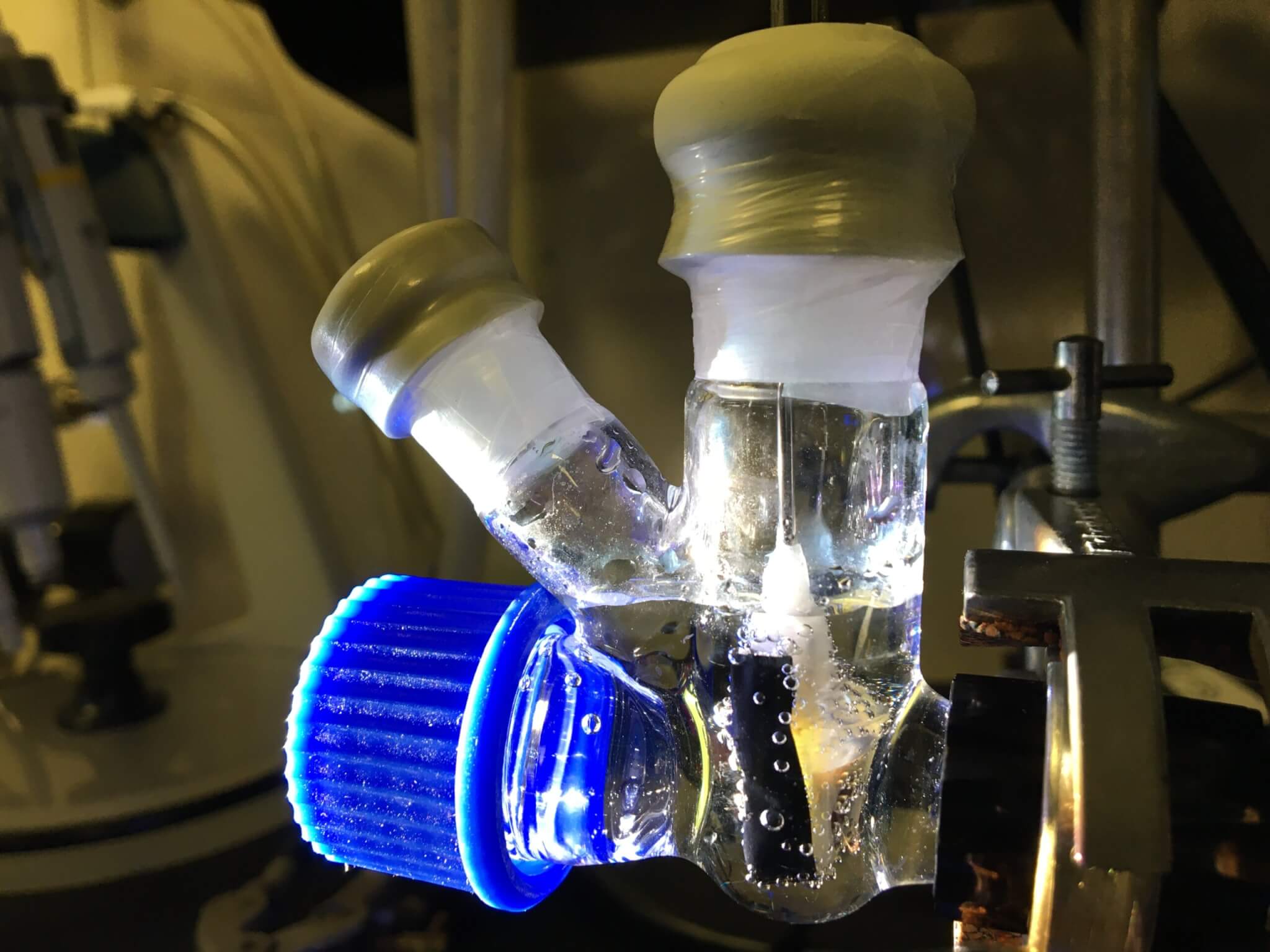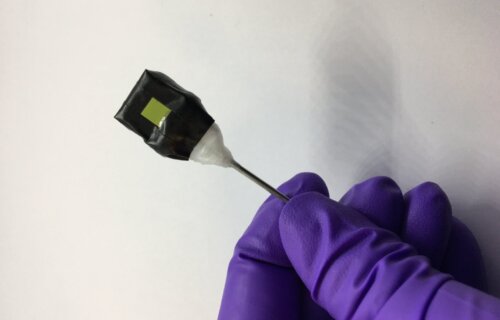CAMBRIDGE, United Kingdom — A groundbreaking clean fuel technology could potentially enable cars to run on nothing but sunlight. The environmentally-friendly fuel harnesses solar energy, a development that could dramatically transform the automotive industry. Conceived by researchers at the University of Cambridge, the team says the technology converts carbon dioxide and water into liquid fuels using the power of the Sun. From there, the fuels can directly power a vehicle’s engine.
Researchers explain that their breakthrough came from harnessing the power of photosynthesis to convert CO2, water, and sunlight into multi-carbon fuels – specifically ethanol and propanol – in a single step. These fuels possess a high energy density and can be effortlessly stored or transported.
In contrast to fossil fuels, these solar fuels produce zero carbon emissions and are entirely renewable. What sets them apart from most bioethanol is that they do not utilize agricultural land that could otherwise be used for food production, experts point out.
Although it’s still in the laboratory phase, the scientists believe their “artificial leaves” could be a vital stepping stone in the transition away from a fossil fuel-based economy.
“Shining sunlight on the artificial leaves and getting liquid fuel from carbon dioxide and water is an amazing bit of chemistry. Normally, when you try to convert CO2 into another chemical product using an artificial leaf device, you almost always get carbon monoxide or syngas,” says Dr. Motiar Rahaman, the lead author of the study, in a media release. “Here, we’ve been able to produce a practical liquid fuel just using the power of the Sun. It’s an exciting advance that opens up whole new avenues in our work.”

Advocates of bioethanol frequently call it a cleaner alternative to gasoline because it is derived from plants instead of fossil fuels. Currently, most cars and trucks run on gasoline containing up to 10 percent ethanol, also known as E10 fuel.
“Biofuels like ethanol are a controversial technology, not least because they take up agricultural land that could be used to grow food instead,” adds Professor Erwin Reisner, who led the research.
Nearly 45 percent of all corn grown in the U.S., the world’s largest bioethanol producer, is used for ethanol production, according to the Department of Agriculture. Reisner’s research group at the Yusuf Hamied Department of Chemistry has been committed to developing sustainable, zero-carbon fuels for several years, using photosynthesis as an inspiration to create artificial leaves. Until now, these leaves could only produce simple chemicals like syngas, used in the production of fuels, pharmaceuticals, plastics, and fertilizers.
To enhance the technology’s practicality, the researchers developed a catalyst based on copper and palladium. This advancement allowed the artificial leaf to produce more complex chemicals – namely the multi-carbon alcohols ethanol and n-propanol.
“Even though there’s still work to be done, we’ve shown what these artificial leaves are capable of doing,” says Reisner, a fellow of St John’s College in Cambridge. “It’s important to show that we can go beyond the simplest molecules and make things that are directly useful as we transition away from fossil fuels.”
The device is currently in the “proof of concept” stage and exhibits only modest efficiency, the authors of the study add. The team is now working to optimize the light absorbers and the catalyst to increase the conversion of sunlight into fuel, and further improvements are needed before the device can be mass-produced and generate large volumes of fuel.
The results of the study are published in the journal Nature Energy.
South West News Service writer Chris Dyer contributed to this report.


good news thanks
Your advert strategy is the worst of al newsletter information
when you burn ethanol or propenal….you still make CO2……